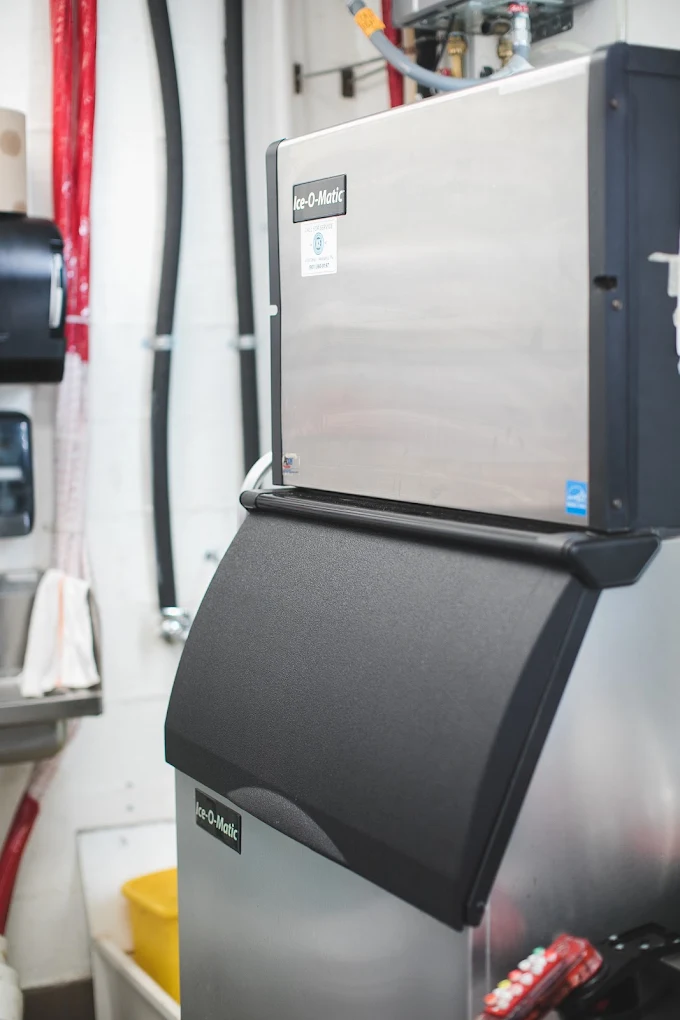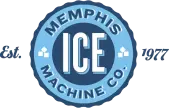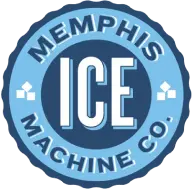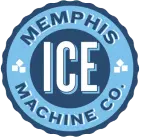proudly serving
the mid-south
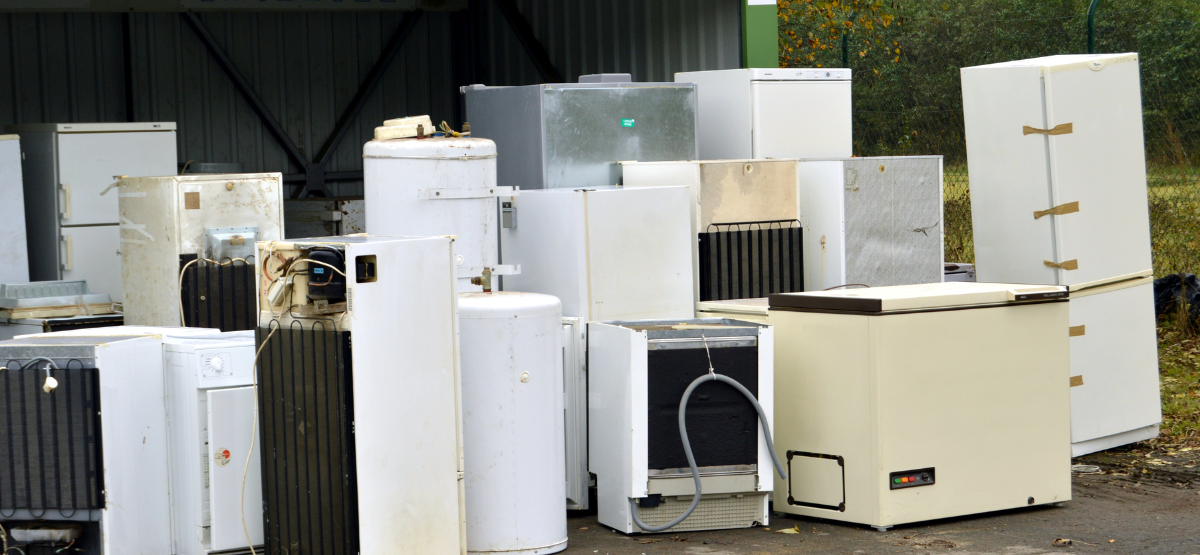
How To Recycle Old Refrigerators, Freezers, and Other Appliances
Learn some basic facts about how to recycle your old appliance, like a refrigerator or freezer box, as well as general tips for recycling.
Recycling your appliances, like refrigerators and freezers, is more complicated than you might think. The appliances we’ve relied on for over a hundred years contain refrigerants, oils, and other chemicals that must be properly processed and disposed of. That’s not even mentioning the steel and other precious metals that make up the appliance.
In this blog, learn some basic facts about recycling your appliance, like a refrigerator or freezer box, as well as general tips that you can follow all across the United States.
Special note: recycling your old appliances is not a DIY project. Do not attempt to remove refrigerants, chemicals, or compounds of any kind from your appliances. Doing so requires proper certifications and may result in legal trouble, fines, property damage, or bodily harm.
Why Recycle Your Old Appliance At All?
The short of it? It can be dangerous if you don’t and good for the planet and your community if you do.
Most large appliances rely on chemicals and gasses that are great at heating and cooling. But they’re bad for us and the environment. The farther you go back in time, the worse it gets. Let’s explain.
A Quick History of Ice Machines
Before 1995, refrigerators and freezers used chlorofluorocarbons, or CFCs, to refrigerate.
CFCs are greenhouse gasses that impact and destroy the planet’s crucial ozone layer. You might know a major CFC by its commercial name, Freon. At its discovery, Freon was a miracle product that revolutionized how the world stored, produced, and consumed food. Now, the industry has learned the dangers of CFCs and has moved forward with special standards and different chemicals that do not harm the ozone layer. Remember that even though they are not dangerous to the ozone layer, new refrigerants like hydrofluorocarbons, or HFCs, are still greenhouse gasses.
Before 2005, appliances were often insulated with foam insulation filled with chemicals and gasses that are dangerous to the ozone layer as well.
Leaking oils and chemicals are a big danger if you don’t know how to properly dispose of and recycle appliances. Before 2000, some appliances had pieces that contained mercury. It doesn’t take much for mercury to poison humans, plants, and wildlife. And before 1979, appliances contained polychlorinated biphenyls, or PCBs. Even if that old appliance is ol’ reliable, now is the best time in our history to bring it to a certified recycler and invest in a safer, energy-efficient appliance.
The Future of Commercial Refrigeration
All of this talk about before this year or that year has us thinking about what the next 50 years of appliance recycling looks like. Right now, the industry and science are better than ever at creating sustainable, useful, and harmless refrigerants and other appliances.
Hazardous waste aside, appliances are made of metal and plastic. We all know how impactful heaps of plastic stuck in landfills can be. While food takes days to decompose, plastics can take tens, even hundreds of thousands of years. Sadly, even if people try their best to properly recycle their appliances, the plastic still ends up in the landfills with the accompanying scrap metal.
Instead of dumping illegally or storing old appliances on your property, make sure you follow these tips to appropriately recycle your appliance.
4 Ways You Can Recycle Your Old Appliance
1. Take Advantage of Retail Recycle Programs
Once you purchase an appliance that is Energy Star certified, some retailers offer a recycling program for your old appliance. We highly recommend this. It ensures your appliance is properly disposed of and removes you entirely from that process. One less thing to worry about sounds pretty good, especially in today’s world.
Be sure to look for retailers that partner with the EPA’s Responsible Appliance Disposal, or RAD, program. This program was developed to protect the ozone layer and a way your old appliance can help the planet.
Concerned about how to get your old appliance to the retailer? No worries! Full-service appliance retailers often provide pickup services when you purchase a brand new appliance. Just again, double-check that your outdated appliance will be properly recycled instead of re-sold or reused.
2. Visit Your Local Electric Utility Website or Contact Them Directly
3. Talk to Your Local Scrap Metal Recycler
4. Call Memphis Ice!
That’s right, we’ll take care of your old ice machine! We do not accept all appliances, but we are always looking for old ice machines. Click here to read a blog about what we look for in an old ice machine.
And there you have it. Now that you read this blog, you are better equipped to be the responsible appliance owner we know you want to be. Good job! Be sure to stick to our blog, The Scoop, for weekly content about ice machines, refrigeration, and the wide range of chilled products and services that we offer to our Memphis community.
Recent News
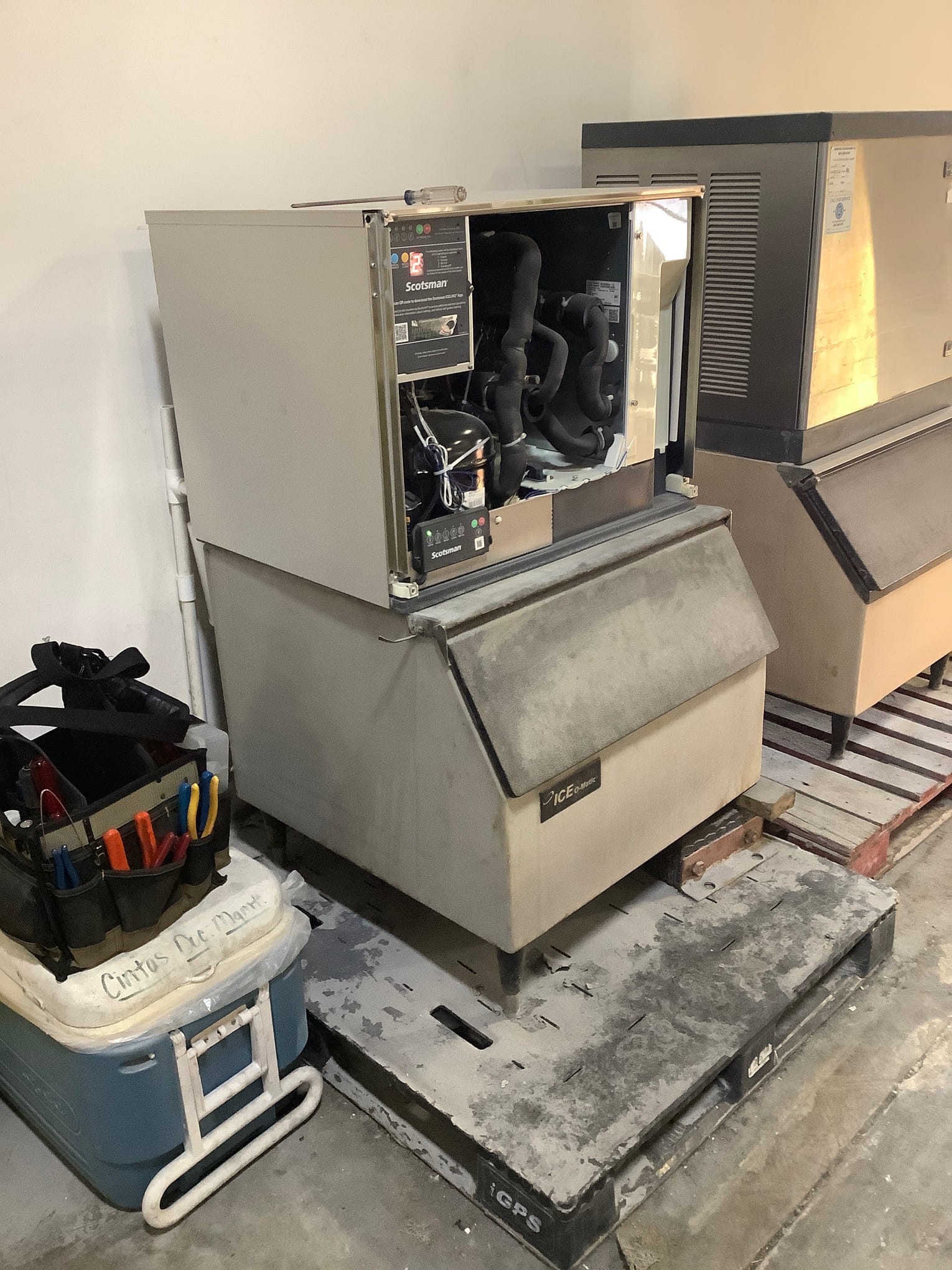
Cooling Equipment for Event Season Tips to Stay Comfortable and Cool
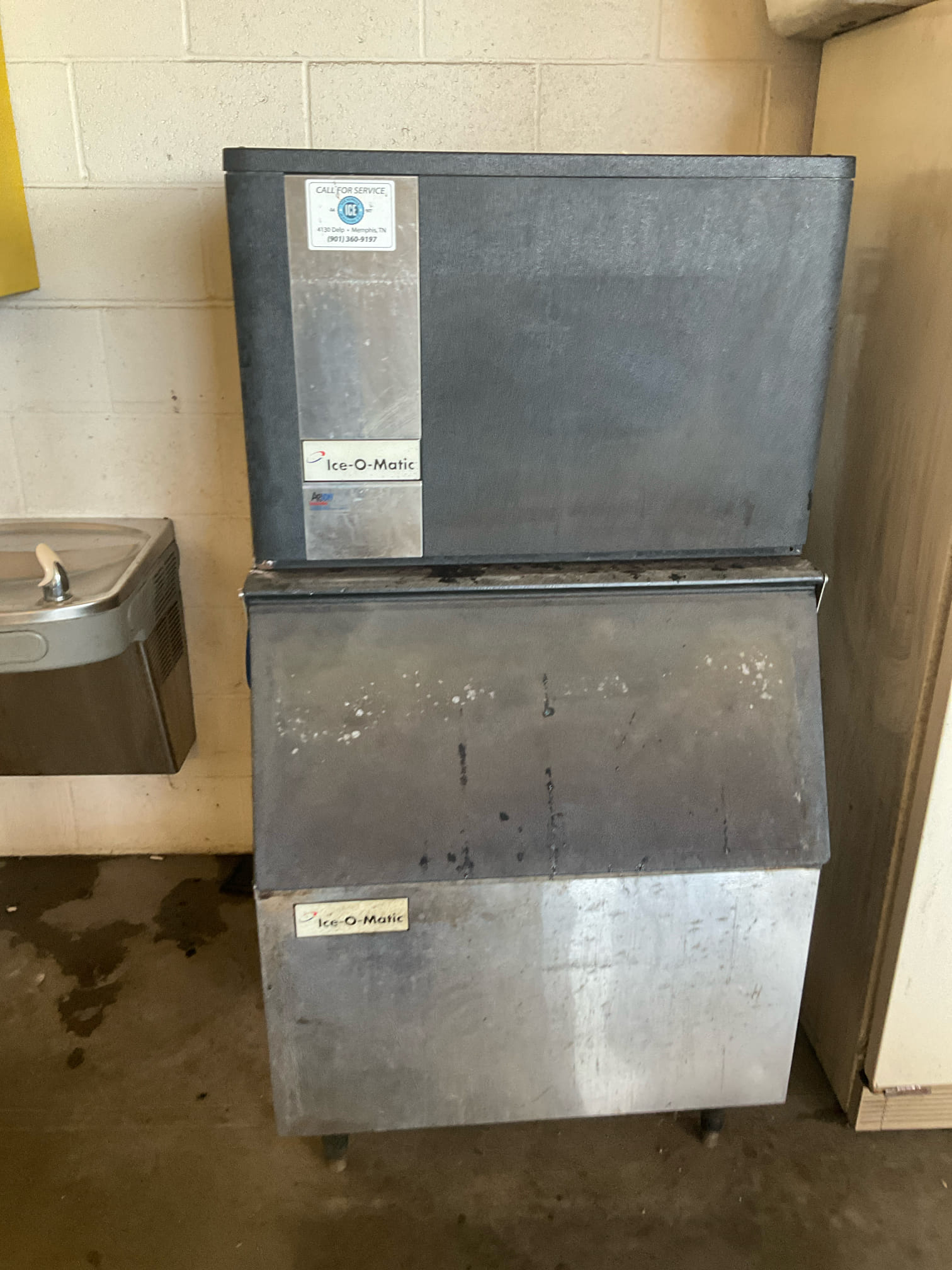
Common Ice Machine Rental Questions Answered With Friendly Tips
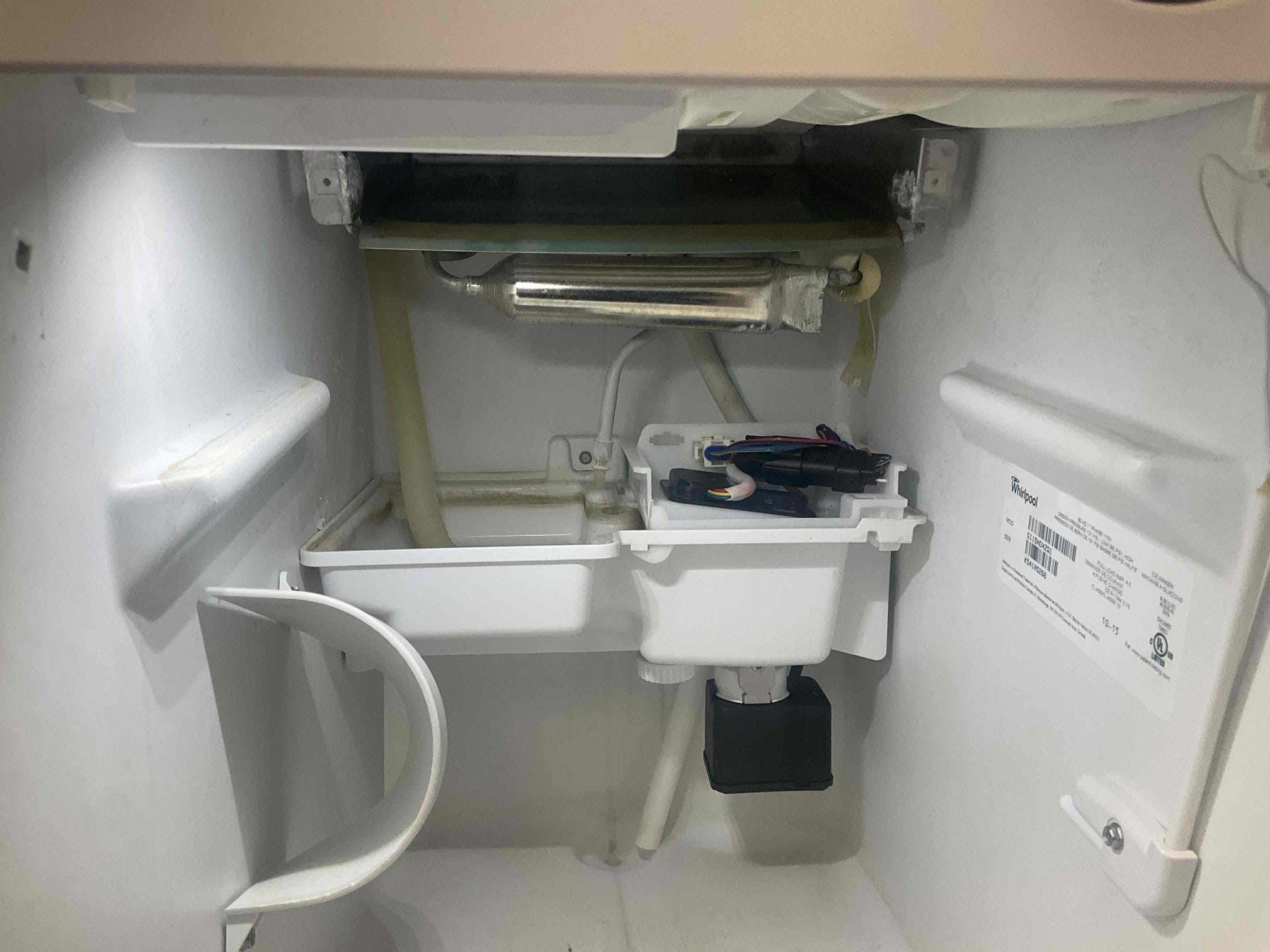
Commercial Freezer Replacement Specialists Helping You Upgrade Efficiently
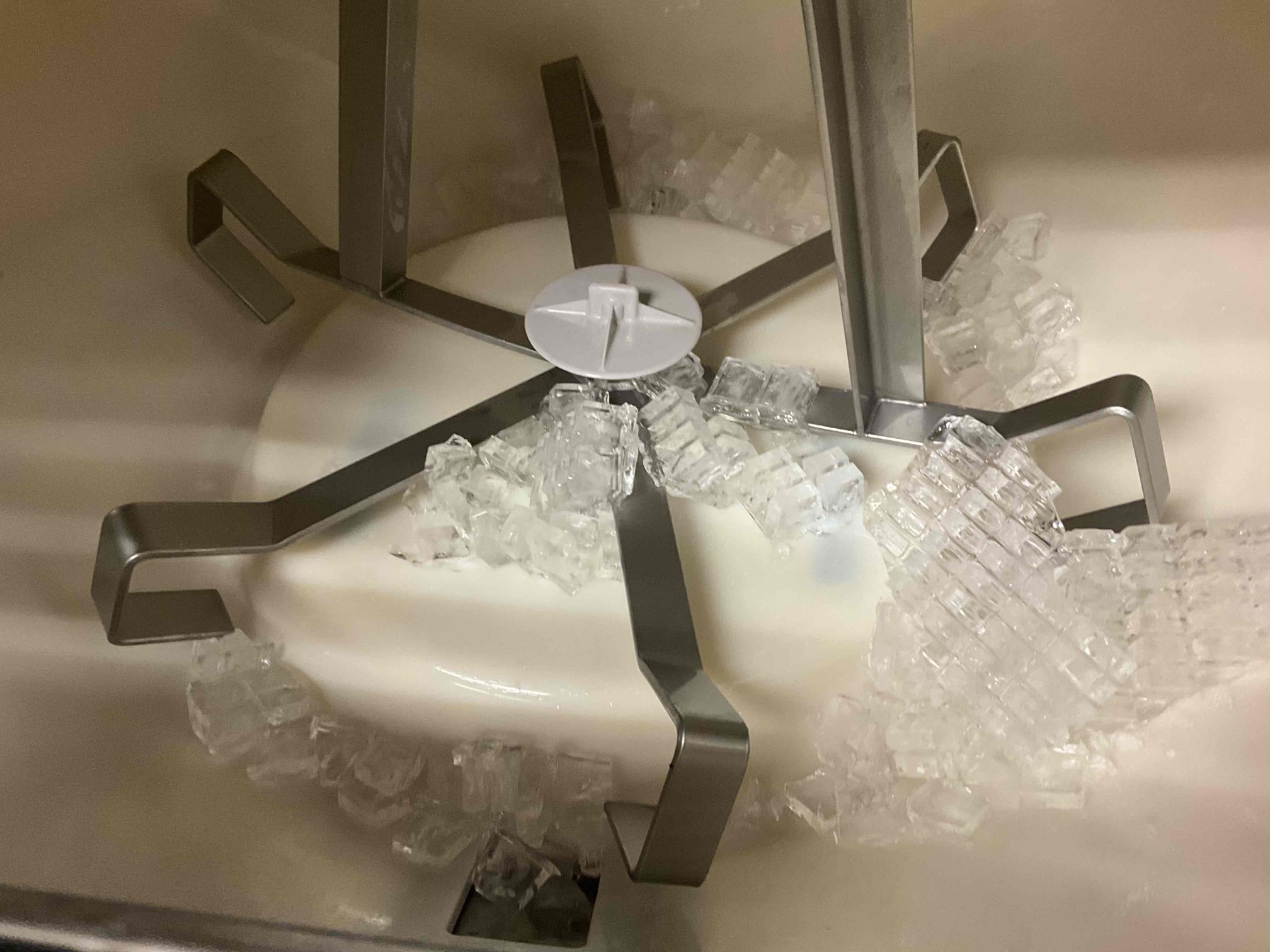
Best Practices for Storing Ice to Keep It Fresh and Clean
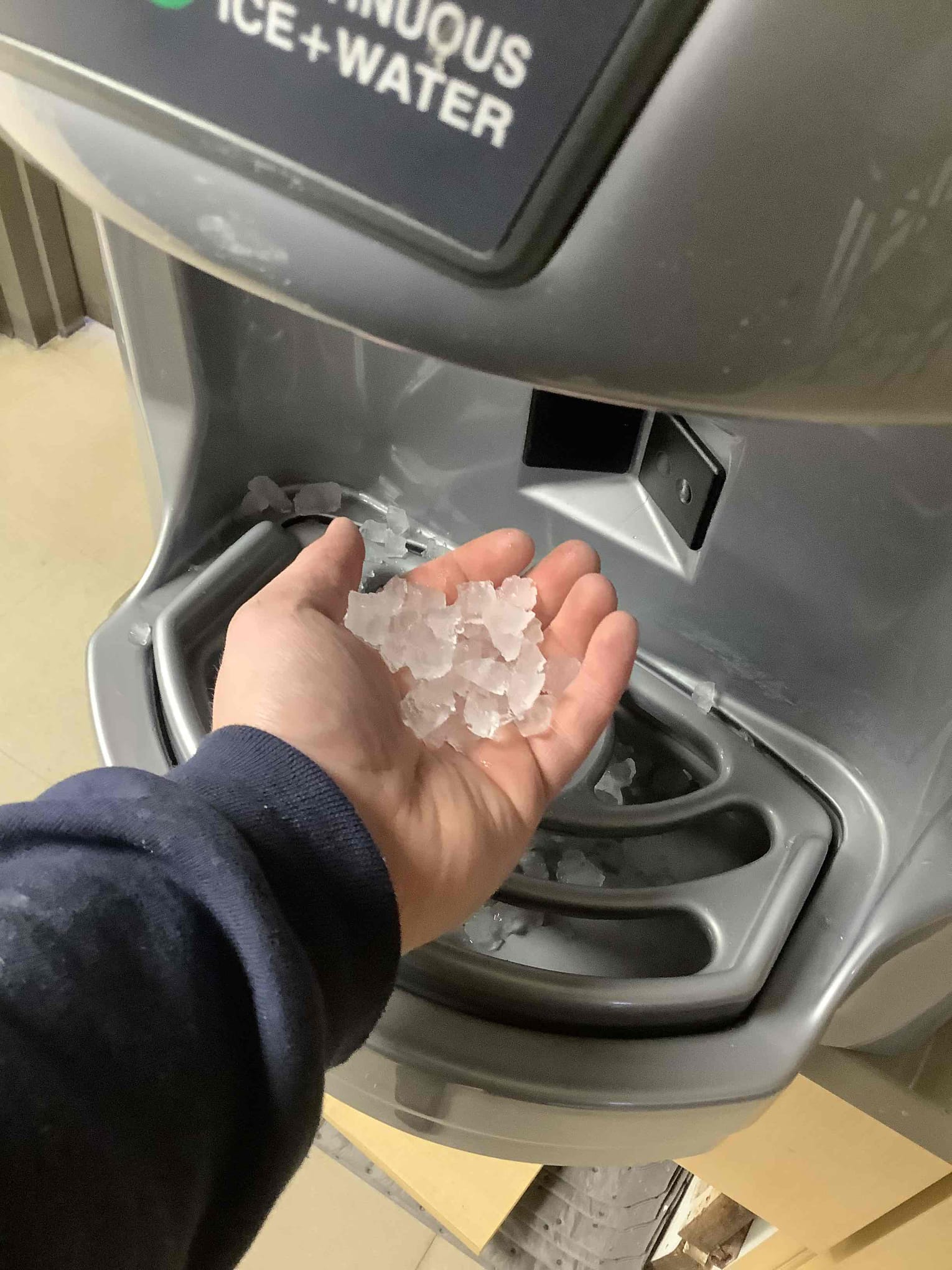
Best Temperature Settings for Different Refrigeration Systems Explained Simply

The Secret Ingredient for a Stress-Free Thanksgiving: Ice
